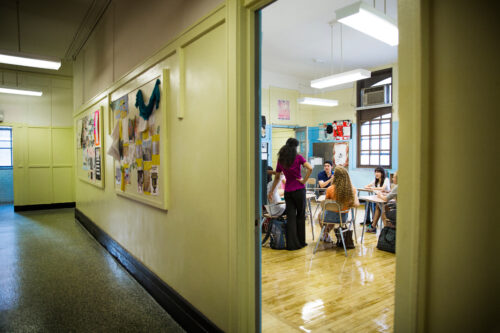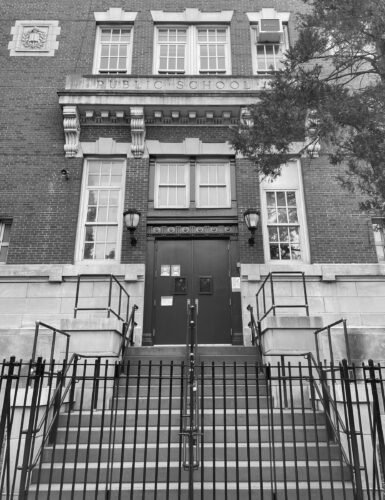
This brief highlights the impact of the 100 New York City Public Schools (NYCPS) shelter-based community coordinators (SBCCs) hired in 2022–23 and calls on Mayor Adams and the City Council to sustain funding for this critical initiative in the Fiscal Year 2025 budget. Funding for all 100 SBCC positions is set to run dry in June, and the City has not yet committed to continuing to fund their important work.










